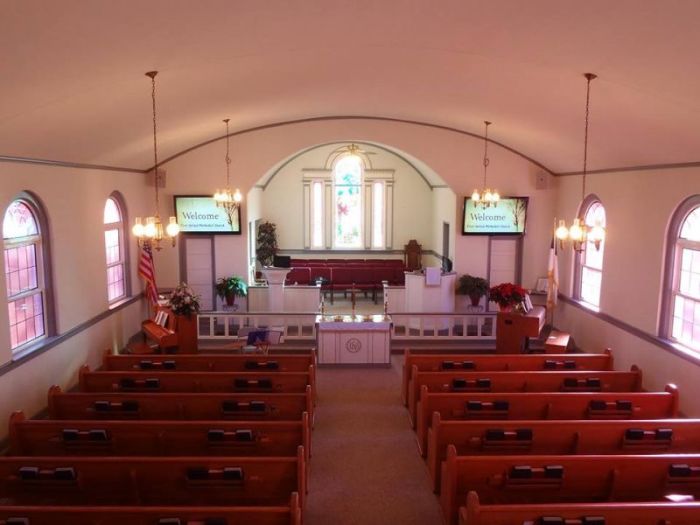Diverse UMC Clergy Group Wants 'Gracious' Way for Churches to Leave Over LGBT Differences

A theologically diverse group of United Methodist Church clergy and laity have called on the denomination to create a "gracious" means of allowing congregations to leave.
Next February, the UMC will hold a special session of General Conference to attempt to end their internal debate over the denomination's stance on homosexuality.
In an open letter released earlier this week, clergy who identify as "progressive," "centrist," and "traditionalist" have come together to ask that the Church create a "gracious and equitable process for exit which can be used by any congregation desiring to do so."
The open letter argues that whatever decision may be reached by the UMC next year, it is inevitable that some congregations will desire to leave the denomination.
"We urge that such a process for exit be adopted prior to the consideration of any proposed model or solution," stated the letter.
"A well-defined process which is gracious and equitable will provide consistent guidelines for bishops and their cabinets, annual conference trustees and local congregations across United Methodism as transitions are determined and negotiated."
The letter laid out a few things the signatories believe this "gracious" exit policy should include, notably allowing a congregation to exit the UMC with their assets and property and a payment provision that is fair to both the annual conference and congregation.
"Approving a gracious and equitable process before final decisions are made offers the best possibility of helping the 'winning side' avoid the temptation to take advantage of their majority position by imposing insurmountable or punitive obstacles for congregations who elect to end their relationship with the UMC," added the letter.
While the open letter originated in the UMC's West Ohio Conference, many others outside of the regional body have signed onto the letter.
Bishop Gregory V. Palmer, head of the West Ohio Conference, told the United Methodist News Service in an interview published Thursday that he had concerns about the letter's proposal.
"I think people put a lot of time into it," said Bishop Palmer. "But the idea that this would be done before all other matters are attended to does not compute for me as a proactive way forward. By making this the first thing taken up, are we announcing defeat?"
In recent years, as other mainline Protestant churches have changed their stance to support homosexual acts, they have experienced large-scale departures from their ranks.
These have often led to years-long legal action over finances and property, with many congregations, especially in The Episcopal Church, losing their church buildings.
Last year, the South Carolina Supreme Court ruled that the national Episcopal Church rightfully owned the vast majority of church properties that were part of a diocese that broke away from the denomination in part due to theological differences.
Authored by Justice Costa Pleicones, the majority opinion overturned a lower court decision granting the property rights to the leadership of the Episcopal Diocese of South Carolina.
"I conclude that the present property and church governance disputes are not appropriate for resolution in the civil courts and would reverse the order to the extent it purports to resolve these questions," wrote Justice Pleicones.
"Finally, I find the trial court erred in holding that the Respondents' state-registered trademarks prevail over TEC's federally-protected trademarks, and therefore would also reverse that portion of the order."




























